To further enhance the educational and teaching capabilities of its faculty and promote in-depth collaboration between Chinese and Russian teachers, the Department of Economics at Shenzhen MSU-BIT University hosted the “Master Teacher Workshop and Sino-Russian Teacher Exchange Conference” from November 22 to 24. The event focused on topics such as educational reform practices, teaching design and organization methods, the development of grassroots course teams, and the cultivation of teaching ethics and professionalism. Renowned experts and scholars, including Professors Han Botang, Liu Pingqing, and Zhao Erdong from the School of Management at Beijing Institute of Technology (BIT); Professor Cao Fengmei from BIT’s School of Optics and Photonics; Professor Dmtry Kuzin from the Faculty of Economics at Lomonosov Moscow State University; and Professors Zhang Lingxiang, Liu Ningyue, and Gao Huiying from BIT’s School of Management and Economics, participated in the event along with all faculty members of the Department of Economics at Shenzhen MSU-BIT University.
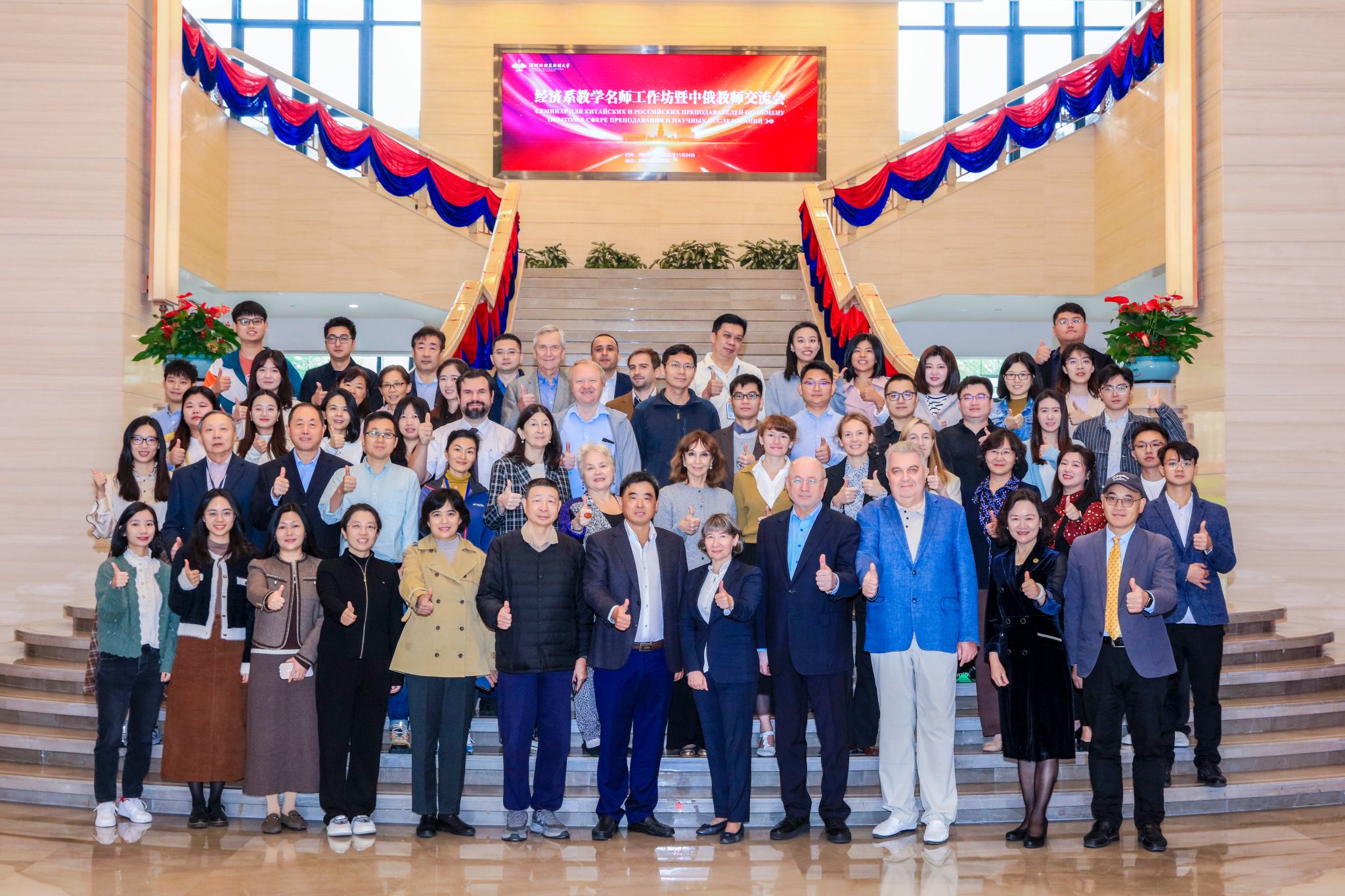
The First Vice President of Shenzhen MSU-BIT University, Ivanchenko, attended and delivered a speech. Leaders from various university departments, including the Office of Academic Affairs, the Research Office, the International Academic Exchange and Cooperation Office, and the Student Affairs Office, participated in the opening ceremony. The event was chaired by Meng Fanchen, the Chinese Director of the Department of Economics. Ivanchenko congratulated the successful organization of the workshop and expressed strong support for such teaching activities, believing that the event would deepen exchanges and foster friendships between Chinese and Russian faculty, enrich teaching experiences, and enhance the quality of talent cultivation.
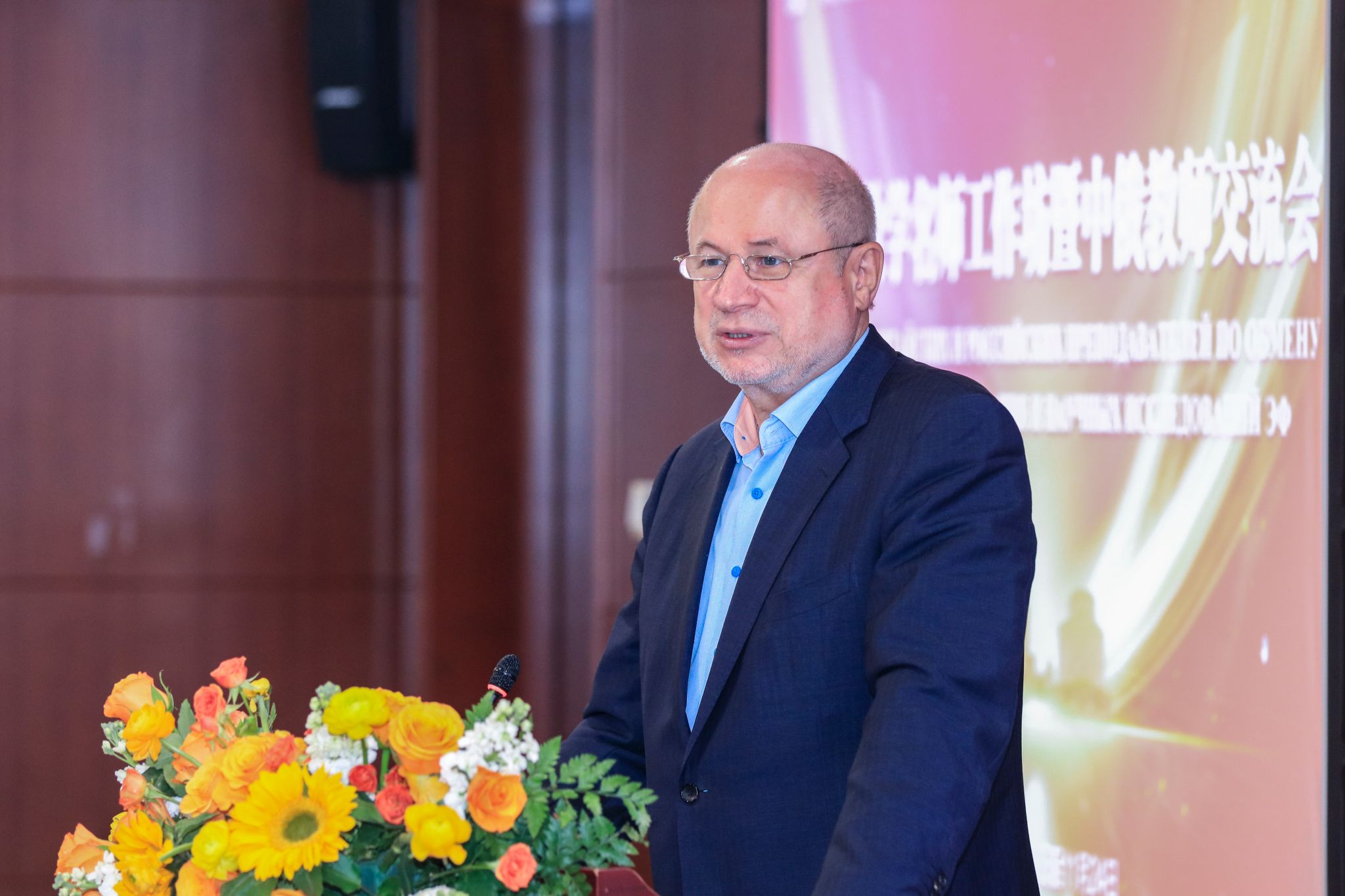
Professor Cao Fengmei shared the experiences and outcomes of her team in teaching innovation and design, using the development and innovation process of the national premium course Principles and Techniques of Optoelectronic Imaging as an example. She proposed four teaching reform measures: content restructuring, staged progressive blended teaching, open discussions integrated with industry and education, and AI-driven comprehensive resource platforms for teaching, evaluation, and integration. Professor Liu Pingqing, drawing on her experience in case development and course teaching, vividly explained how to manage six key relationships in teaching: teaching attitude, learned versus taught knowledge, teaching versus research, accumulation versus output, form versus content, and design versus recognition.
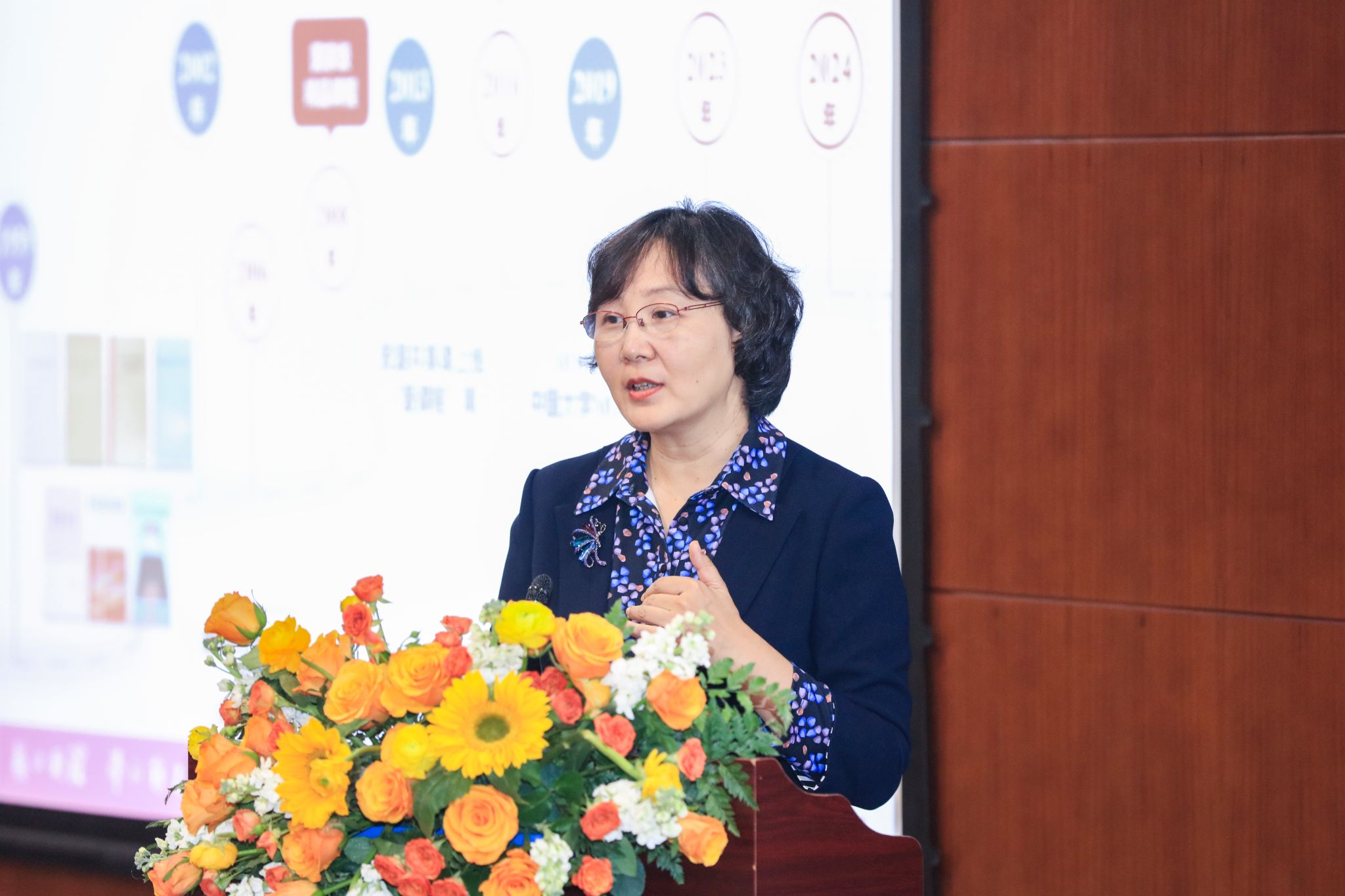
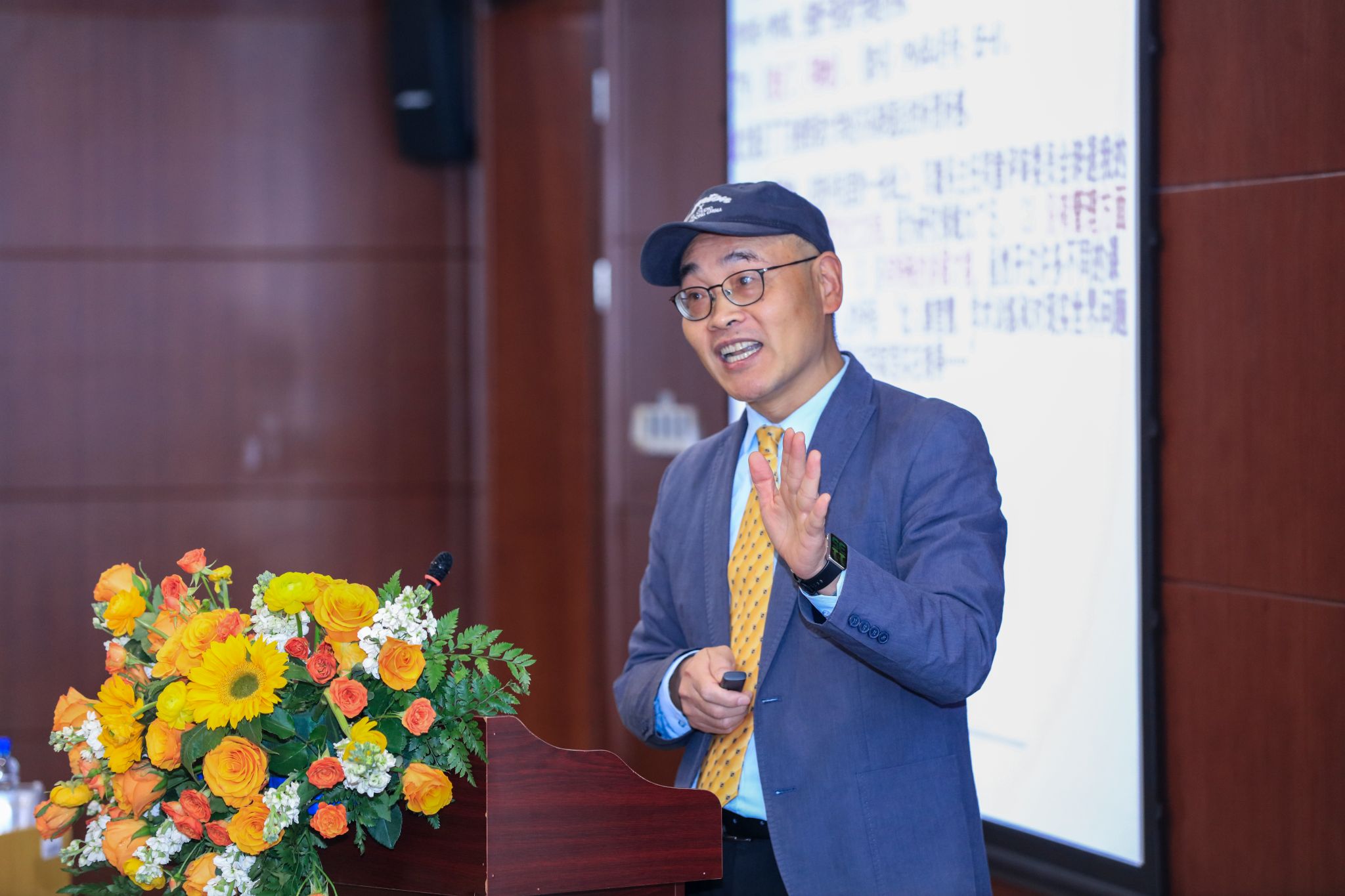
Professor Han Botang presented on Creating Quality Textbooks to Promote Discipline Development, sharing his experience in teaching management science and operational research. He outlined principles and requirements for textbook writing, emphasizing the need for persistence, research into national, societal, and student needs, learning from advanced international experiences, and focusing on scientific and technological developments. Professor Dmtry Kuzin from Moscow State University shared his insights on challenges in undergraduate course design, using the Principles of Management course as an example. He emphasized the need to adapt teaching concepts and methods in response to the evolving and complex environment, focusing on the “What–How–Whom” framework. Professor Zhao Erdong, a national-level master teacher and expert in curriculum politics at BIT, delivered a talk titled Teacher Competency and the Application of Political Education in Professional Courses in the Digital Era, proposing a three-dimensional integrated learning paradigm and illustrating how to build a digital education model focused on holistic student development.
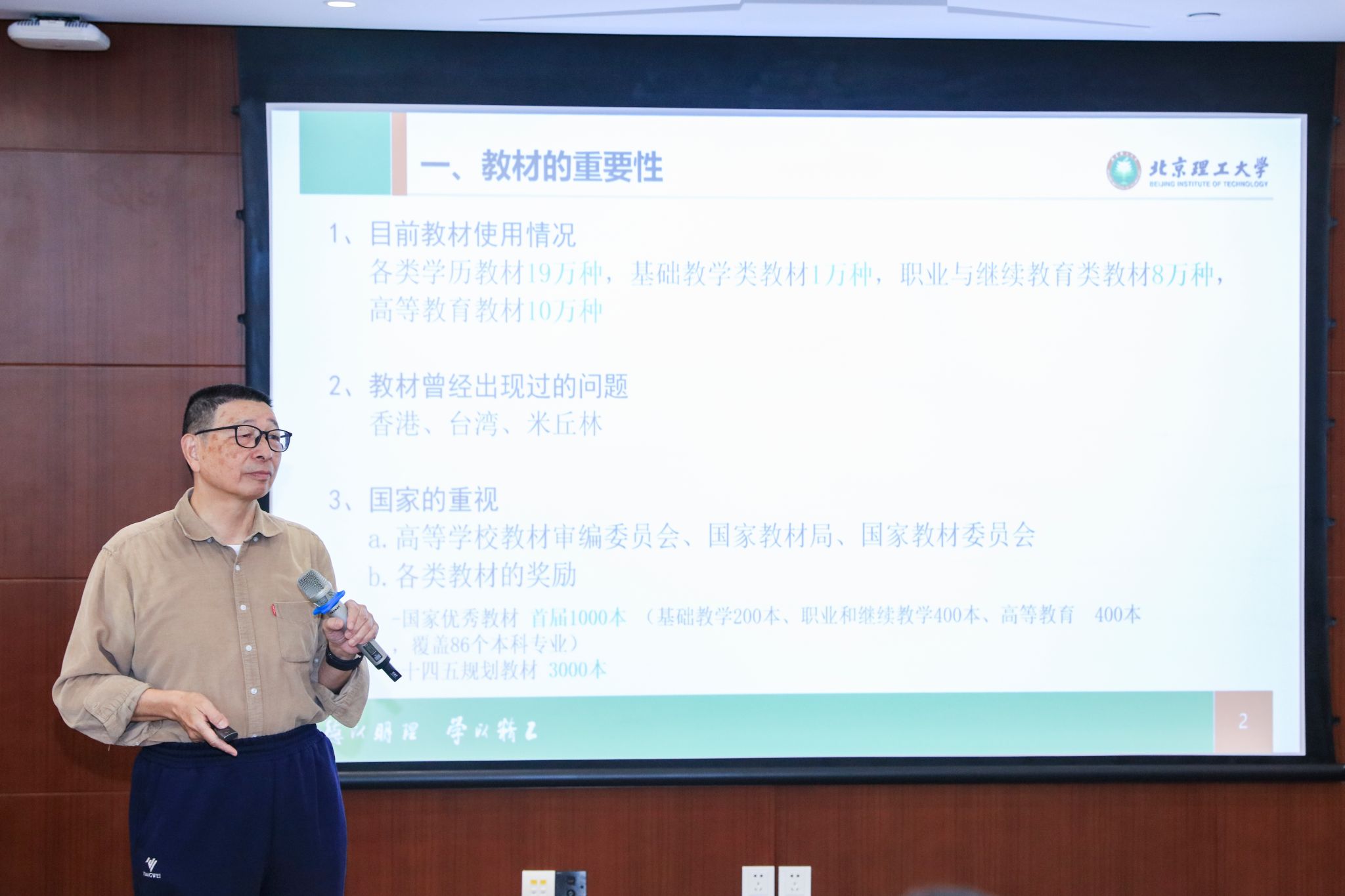
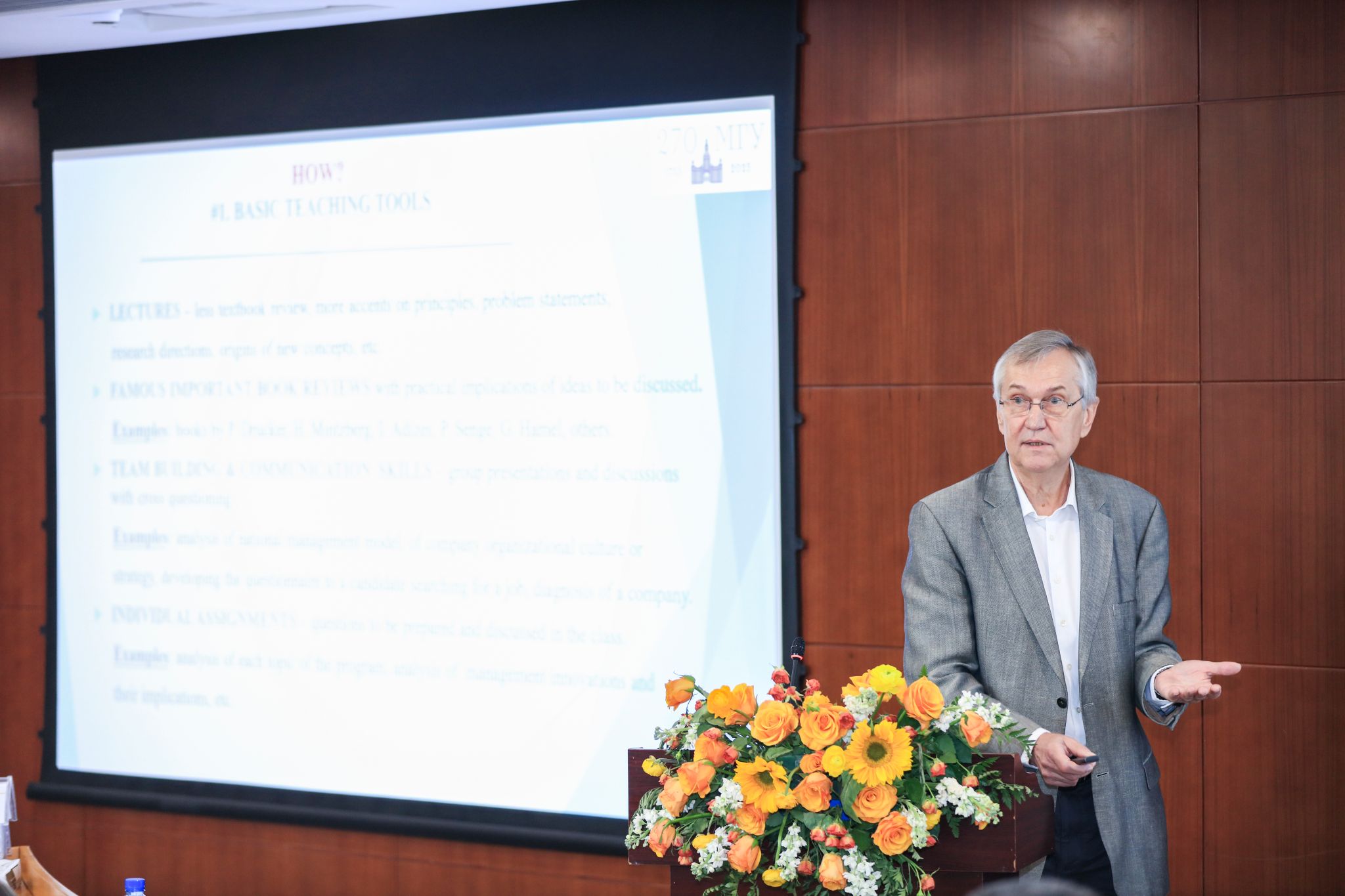
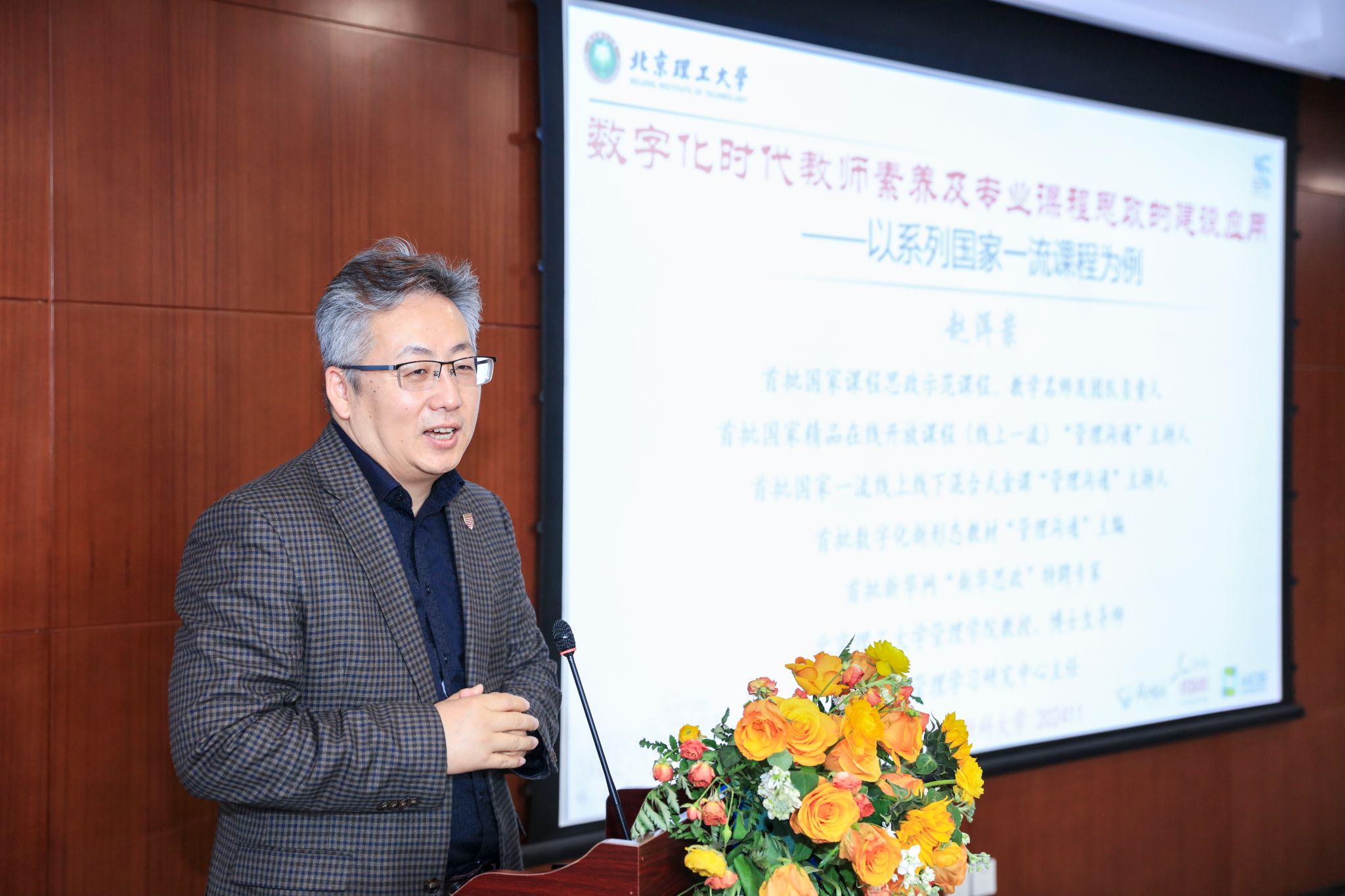
During the workshop, faculty members of the Department of Economics reviewed new experiences and challenges encountered in the past year and engaged in in-depth discussions on course design for the International Economics and Trade and Financial Technology programs for the 2024–2025 academic year. Invited experts provided valuable feedback on the issues raised.
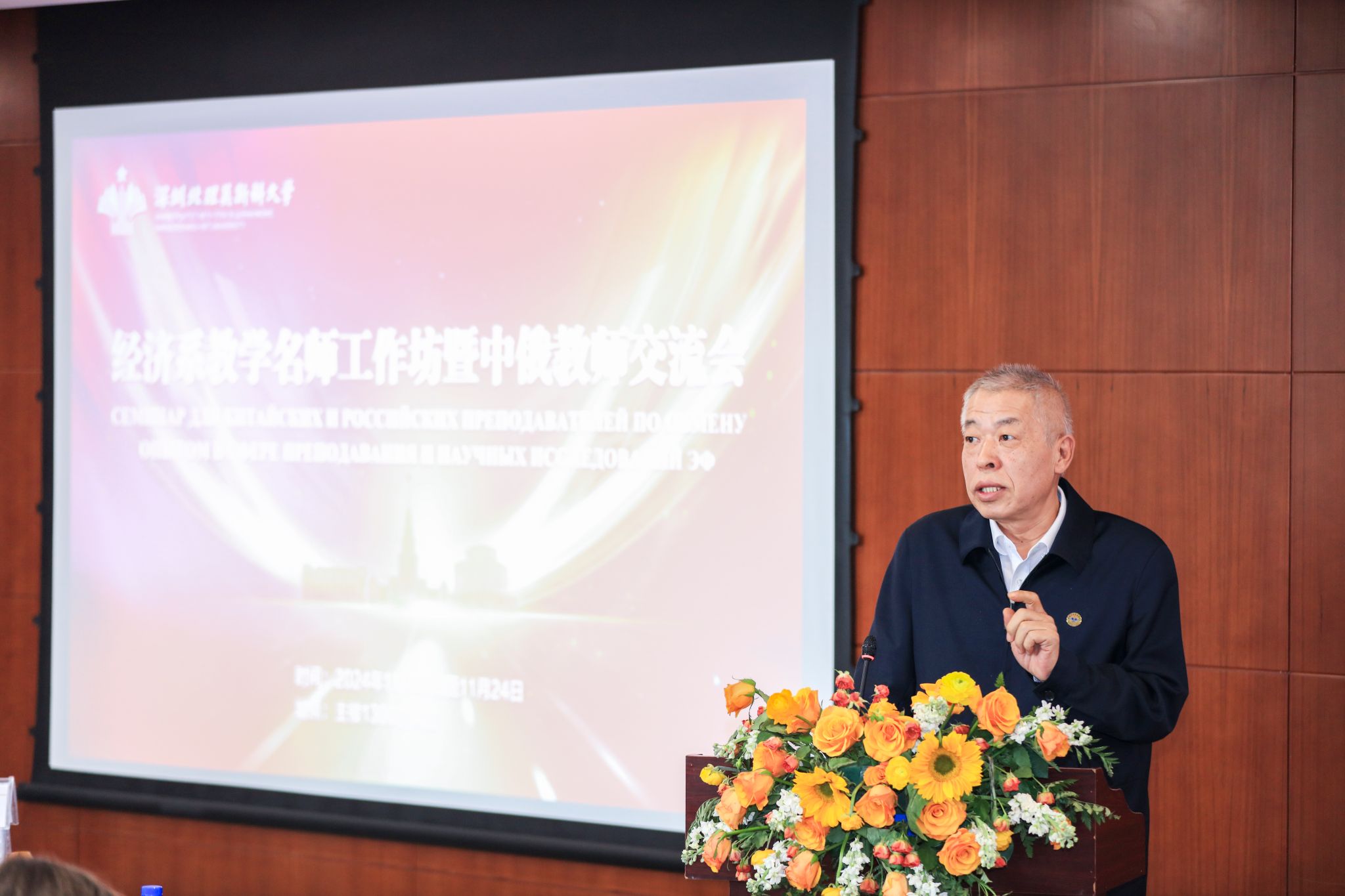
President Li Hezhang of Shenzhen MSU-BIT University attended the closing ceremony and delivered a speech titled How University Teachers Should Stand Strong, Stand Tall, and Stand Deep in the Classroom. He emphasized the importance of self-improvement in learning, practice, research, and exchange. In learning, university teachers should study educational theories and policies, align with national educational objectives, and integrate professional knowledge with curriculum structures to create courses that combine expertise, politics, culture, and art. In practice, they should not only reflect on classroom experiences but also accumulate practical insights beforehand. In research, teachers should focus on both pedagogical and academic studies, aiming to become academic educators. In exchange, teachers should actively learn from peers and other disciplines. Li also encouraged teachers to devote efforts across pre-class, in-class, post-class, and online stages, leveraging AI technologies to enhance teaching.
The Russian Director of the Department of Economics, I. V. Nikitushkina, concluded the workshop by noting that it had fostered mutual understanding between Chinese and Russian faculty, laying a solid foundation for the department to build cohesive course teams and a high-quality teaching faculty.




